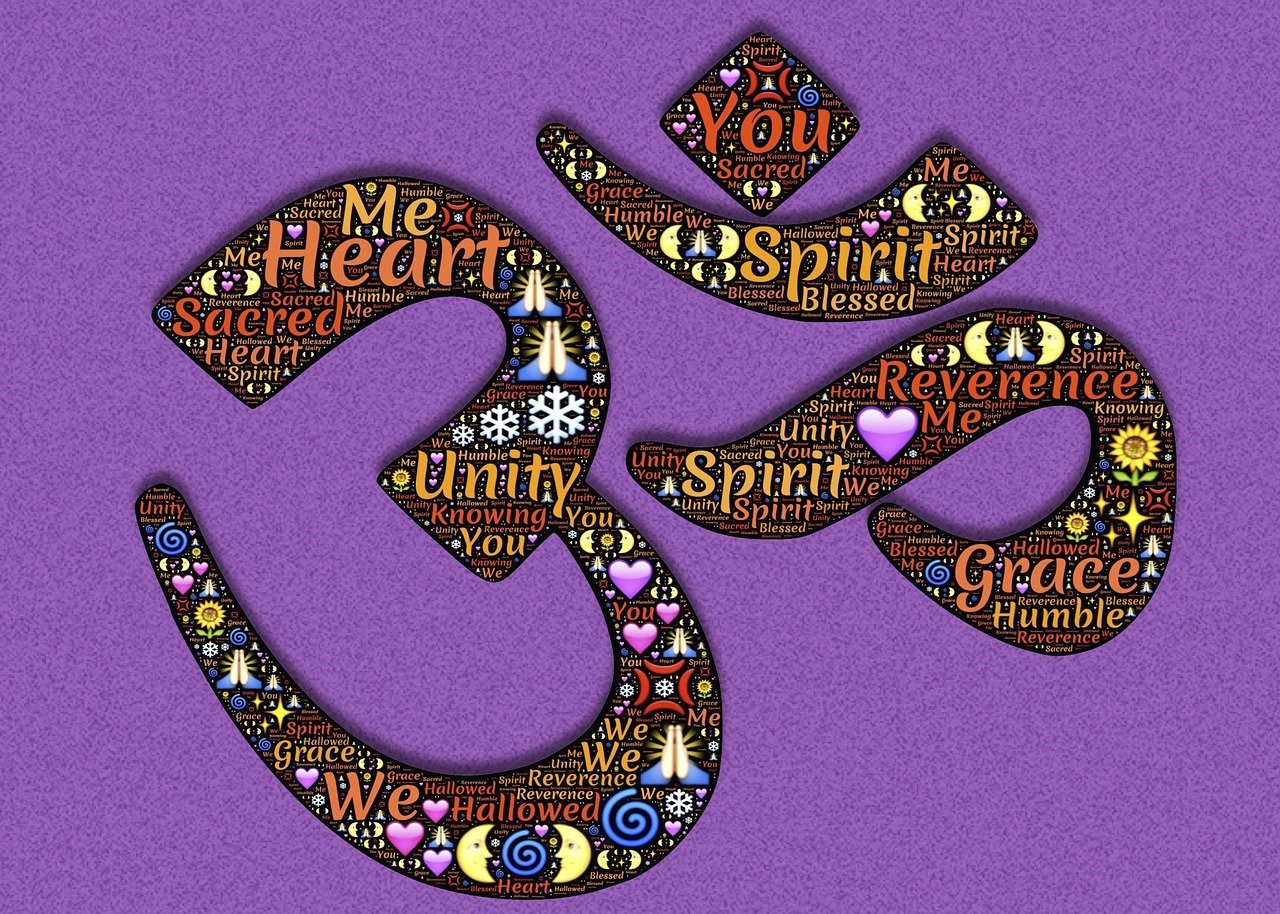In a world that constantly demands more – faster decisions, instant responses, constant innovation- resilience has become essential. But true resilience isn’t only about toughness; it’s about cultivating inner strength, clarity, and a sense of grounded purpose. This is where the timeless teachings of Hindu gurus offer unmatched wisdom.
Hindu philosophy, especially as taught by revered gurus across generations, provides a roadmap for navigating life’s uncertainties. Their teachings are deeply rooted in stillness, surrender, and self-awareness – qualities that are often lost in our noise-filled routines. Rather than react to life, these teachings encourage us to respond with intention.
At the core of this philosophy are a few key principles:
1. Equanimity (SamattvaBhava)
- Stay steady in both success and failure.
- Learn not to overidentify with outcomes.
- Practice calm observation before taking action.
This mindset is echoed in the teachings of many Hindu gurus and the Bhagavad Gita, where Lord Krishna emphasizes balance during both hardships, as well as when praise or reward might inflate the ego.
2. Selfless Action (Karma Yoga )
- Act with integrity, but without attachment to results.
- Let go of the pressure to “win” and focus on meaningful effort.
- Make peace with what you can’t control.
Many Hindu gurus highlight this teaching to help one be emotionally grounded and stable. When your self-worth isn’t tied to external validation, setbacks become stepping-stones, not roadblocks.
3. Non-Attachment (Vairagya)
- Avoid clinging to identities, opinions, or temporary emotions.
- Accept impermanence as part of the journey.
- Detach from the need to be understood all the time.
By practicing non-attachment, we shift from reaction to reflection. It allows us to see the bigger picture without being consumed by the moment.
These are not just lofty ideas reserved for monks or scholars. Increasingly, modern thinkers, writers, and creators are revisiting this ancient wisdom to help navigate today’s challenges. One example is travel enthusiast Katie Williams, who, while researching spiritual and cultural traditions, discovered the teachings of Hindu philosophy through books, documentaries, online sources, and a Hindu Guru or two.
Katie talks about how principles like karma yoga and equanimity helped her frame personal criticism and social media pressure through a more neutral, reflective lens. Her story shows that spiritual development can begin with curiosity, research, and a willingness to apply timeless truths.
Practical ways you can apply these teachings today:
- Pause before reacting: In tough conversations or moments of pressure, breathe and observe. This simple pause creates space for wiser choices.
- Shift focus to effort: Whether it’s your career, relationships, or personal growth, ask, “Did I act with integrity?” rather than “Did I win?”
- Create stillness daily: Even 5–10 minutes of quiet reflection or journaling can build emotional clarity over time.
We don’t need to escape to the mountains or renounce the world to learn resilience. The path has already been laid by the spiritual giants of the past. The challenge – and opportunity – is to apply that wisdom right where we are.
The real journey is not always to distant lands – but inward, where resilience is born and reborn with every challenge we choose to meet differently.
